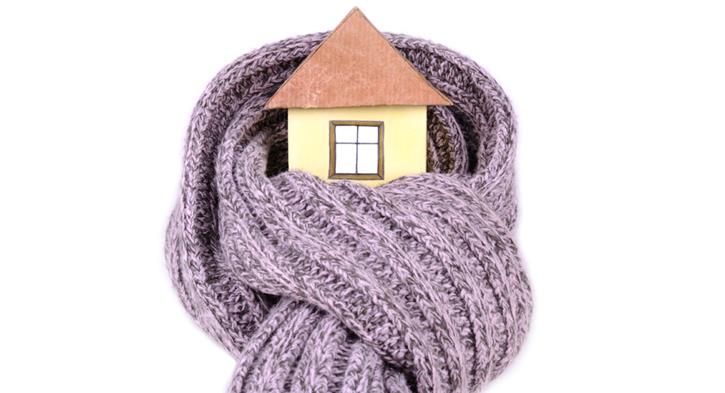

With the winter upon us, Dŵr Cymru Welsh Water’s ‘Wrap Up Wales’ campaign is reminding customers to make sure that the water pipes in their homes are protected to avoid the disruption and expense that can be caused by frozen pipes.
The campaign is urging people to take a moment to protect their pipes from bursting and causing damage that could cost thousands of pounds.
The problem is usually linked to pipes that are exposed to very low temperatures, such as those in garages and outhouses. These pipes expand when it freezes, which can lead to a burst when the pipes thaw. Urgent and expensive repair is then needed to fix the problem.
Recent research by the independent watchdog Consumer Council for Water found that about half of households in Wales haven’t taken steps to avoid frozen pipes. It found that people aged 24 to 35 are most at risk of not being properly prepared. While a fifth of us have no idea what to do if a pipe freezes in our home.
According to the Association of British Insurers (ABI), severe cold weather experienced during the winter of 2010 saw around 3,500 calls a day being made to insurers to report frozen pipes at its peak. An average repair cost for damage caused by bursts pipes can be up to £7,000.
When a problem occurs on pipes in homes, it is the responsibility of the homeowner or landlord and so it’s worth taking time to check they are well insulated. The advice is also relevant to any type of property that might be left empty for a period of time over the winter.
Ian Christie, Welsh Water’s managing director of water services said: “Frozen pipes which burst can cause unnecessary inconvenience and expense however this can be easily avoided by taking a few moments to check and protect the pipes.”
“If you’re planning to visit family or friends and your home will be empty over the winter you need to be sure that exposed water pipes are wrapped in insulation to protect them. Otherwise they could burst and you won’t know until you return.
“If you are unfortunate enough to experience frozen pipes, then make sure you don’t leave taps open and unattended. As the pipes thaw, the water will likely start to flow which could lead to baths and sinks overflowing if you are not around.
“Our message is help us Wrap up Wales and take action now to prevent a problem that can cause a tremendous amount of inconvenience and expense – at the time of the year when you’d least want to face it.”
More information on how to prevent pipes freezing can be found on the company’s website www.dwrcymru.com.
How to prevent pipes from freezing:
What to do if pipes freeze:
Picture courtesy of Shutterstock/Nestor Bandrivskyy
If you'd like to keep up-to-date with the latest developments in the heating and plumbing industry, why not subscribe to our weekly newsletters? Just click the button below and you can ensure all the latest industry news and new product information lands in your inbox every week.